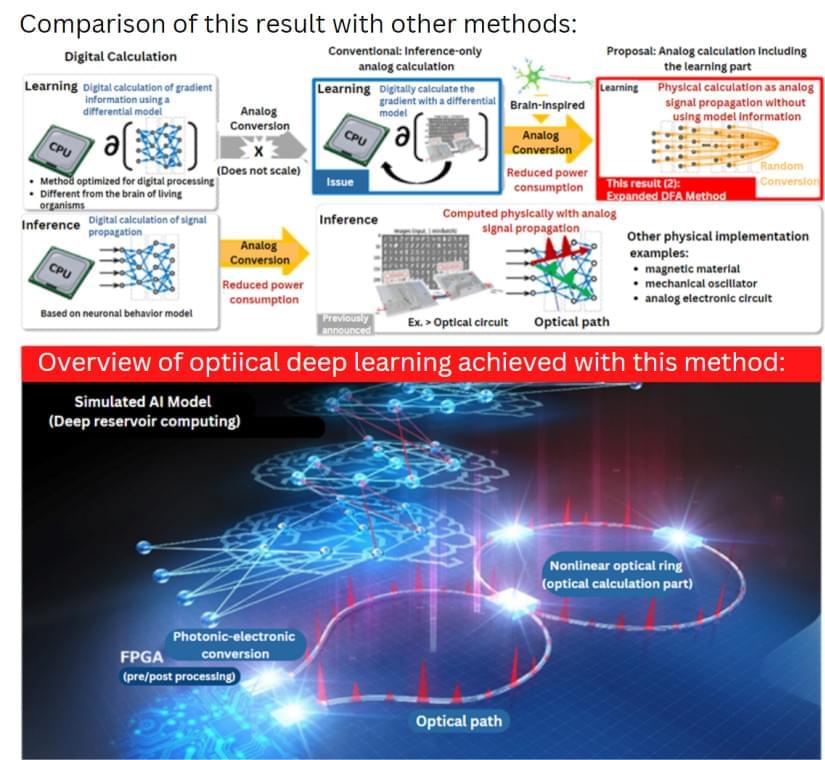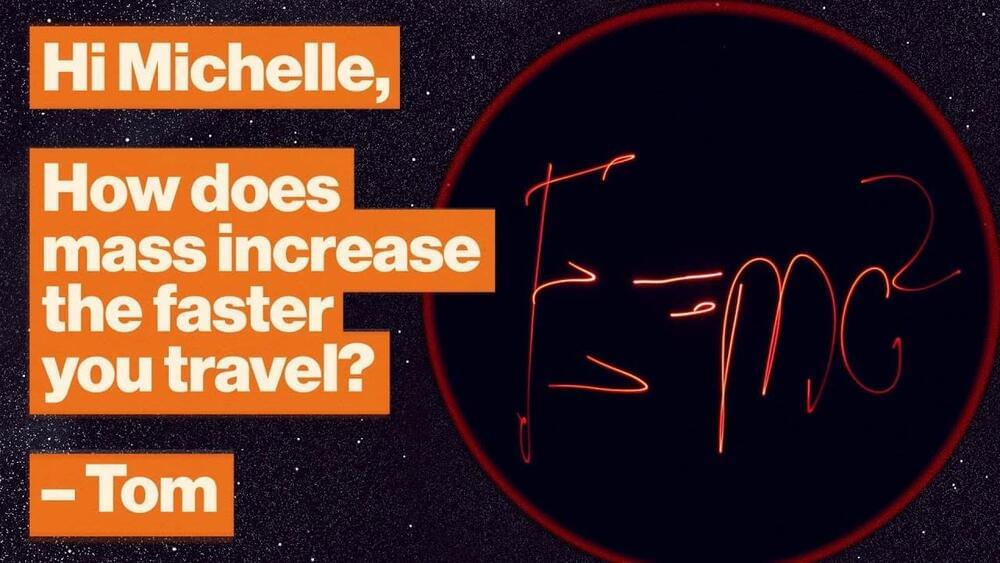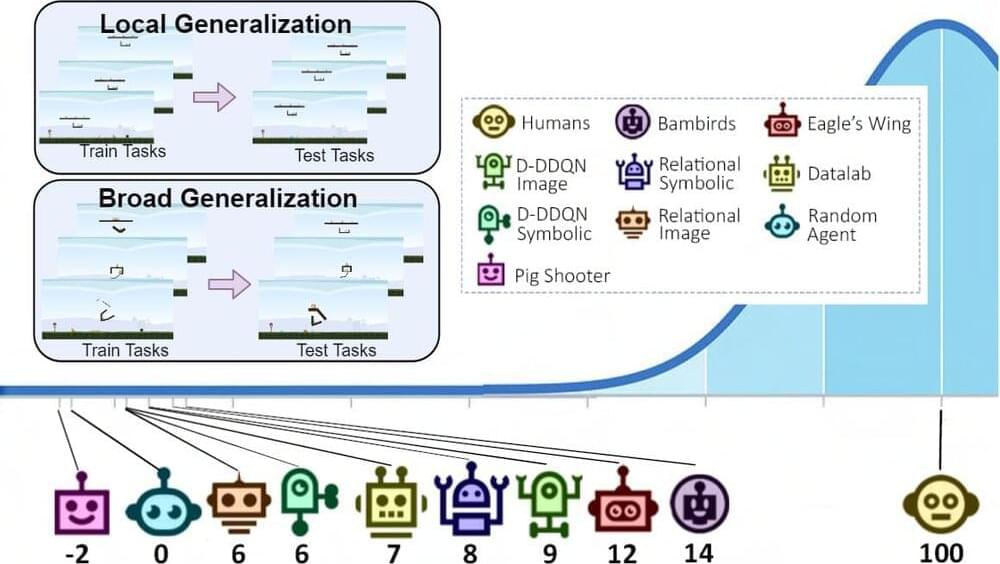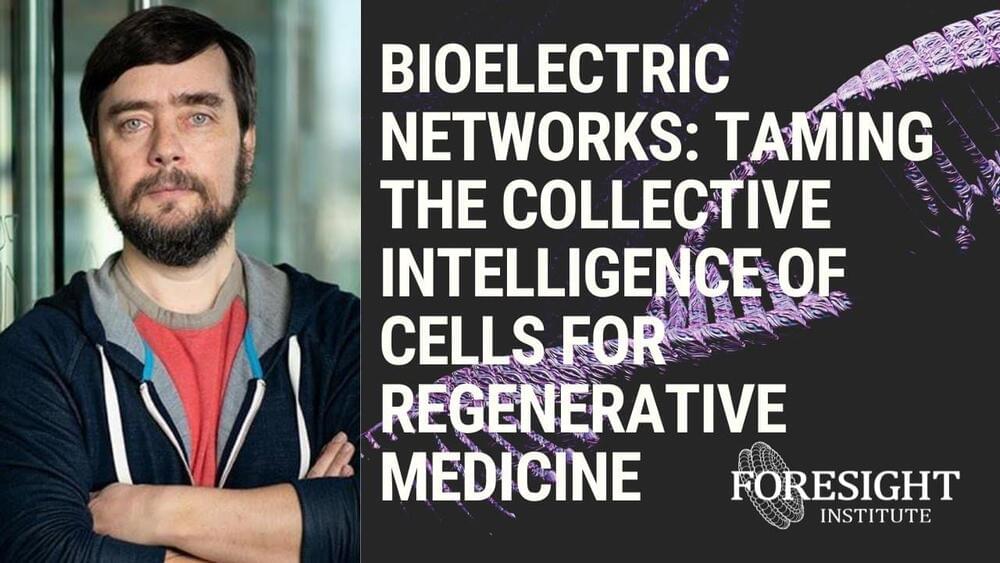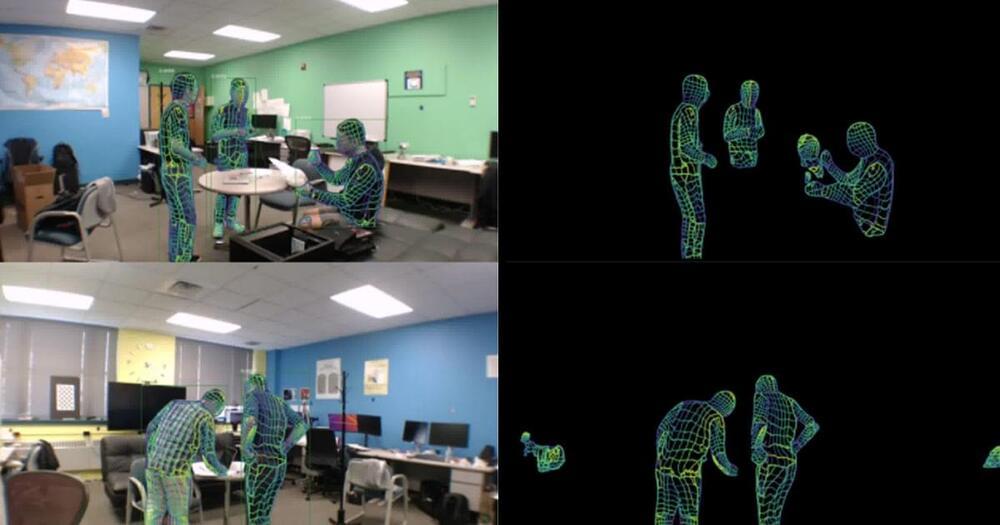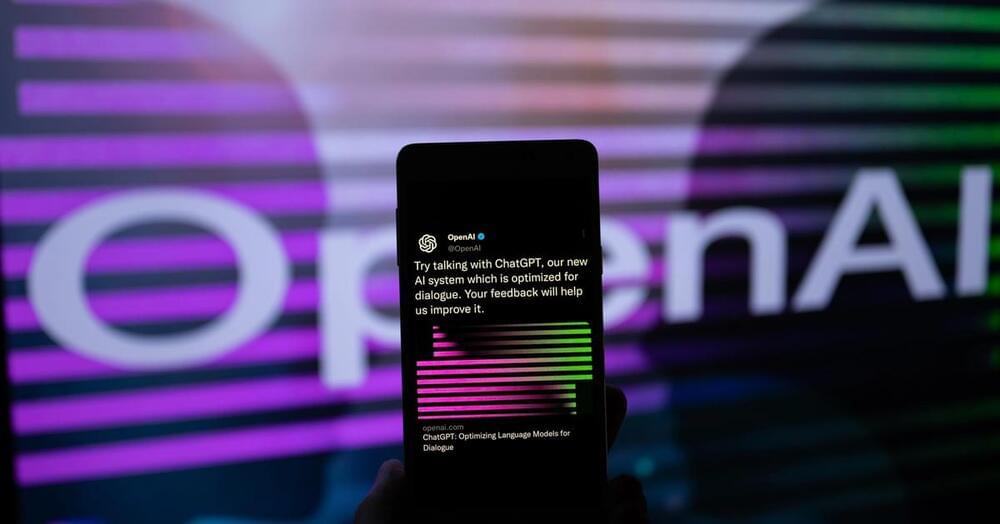
Google worked to reassure investors and analysts on Thursday during its quarterly earnings call that it’s still a leader in developing AI. The company’s Q4 2022 results were highly anticipated as investors and the tech industry awaited Google’s response to the popularity of OpenAI’s ChatGPT, which has the potential to threaten its core business.
During the call, Google CEO Sundar Pichai talked about the company’s plans to make AI-based large language models (LLMs) like LaMDA available in the coming weeks and months. Pichai said users will soon be able to use large language models as a companion to search. An LLM, like ChatGPT, is a deep learning algorithm that can recognize, summarize and generate text and other content based on knowledge from enormous amounts of text data. Pichai said the models that users will soon be able to use are particularly good for composing, constructing and summarizing.
“Now that we can integrate more direct LLM-type experiences in Search, I think it will help us expand and serve new types of use cases, generative use cases,” Pichai said. “And so, I think I see this as a chance to rethink and reimagine and drive Search to solve more use cases for our users as well. It’s early days, but you will see us be bold, put things out, get feedback and iterate and make things better.”
Continue reading “ChatGPT is about to get even better and Microsoft’s Bing could win big” »
